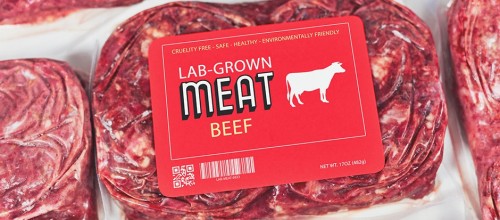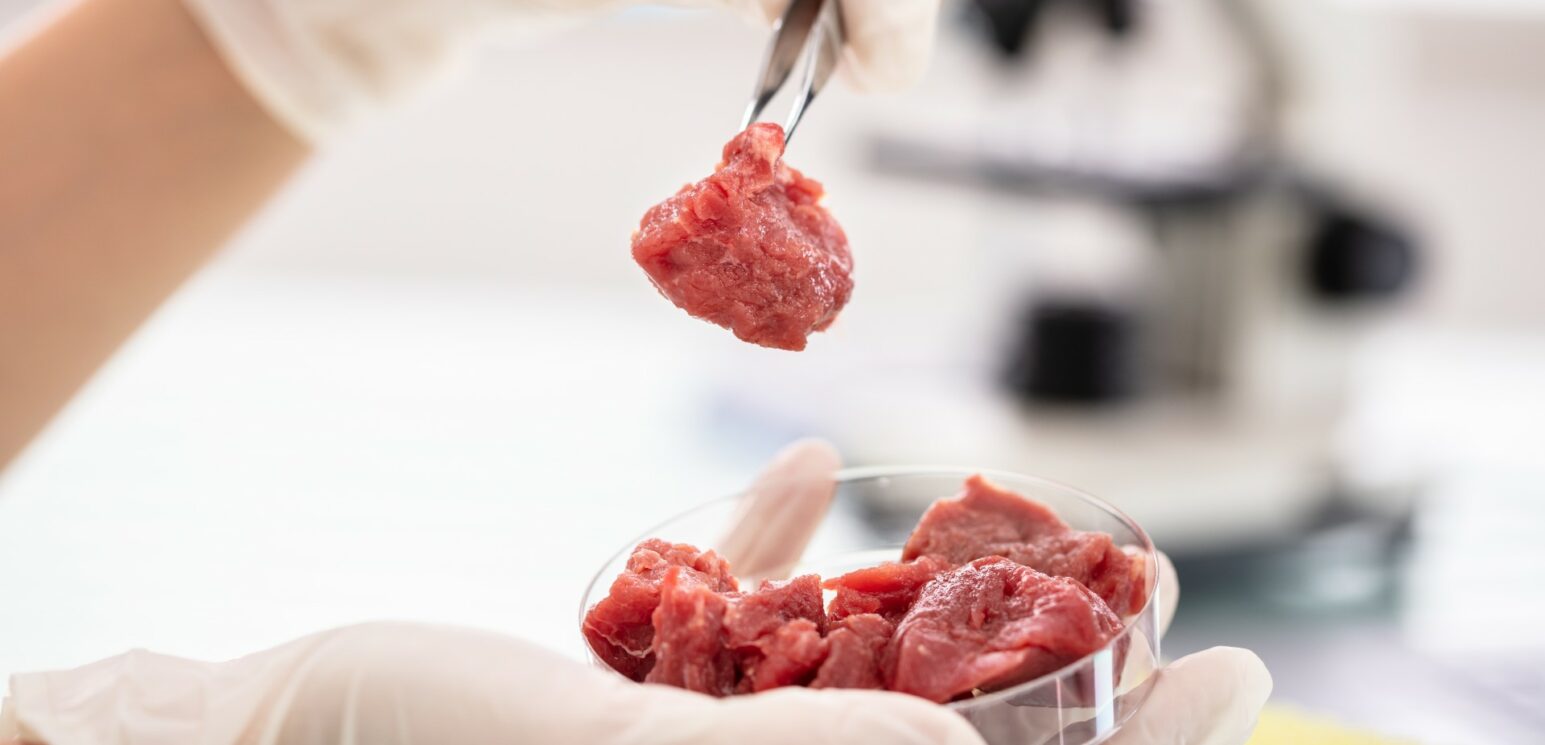I remember all too well that time in the early-1970s when there was a spike in the price of beef. My Dad the Accountant was also the primary shopper in the family, and he knew the price of every grocery product in Chicagoland. Well, it seemed like he did, because back when gas was cheap, it was actually prudent to cherry-pick a few items here, a few more there, and so forth. In the end, the cupboards and refrigerator were filled.
But the price of beef scared him into a new reality, because he could not find anyone with what he saw as a competitive price. Instead, he had read about some newfangled soybean burgers that were packed in protein, cost less than beef, and were quite possibly the future of dining.
And The Verdict Is…
He bought some, and I can still recall the taste of cardboard. They were horrible, not even close to the real deal. It was also the first time I had ever knowingly encountered soybeans as food, which was ironic because our house sat right at the edge of a soybean farm on the far southern reaches of Chicagoland. I had no clue what they used them for.
Skip forward to the 1990s, and food science had done a complete makeover on what we now know as veggie burgers (thank you, marketing!). They actually tasted pretty good, and when dressed properly, were a reasonable substitute. If you were vegan, vegetarian, an ethical consumer, or just wanting to try something different, they were legit.
More recently, Beyond and Impossible have introduced the best versions of meat substitutes yet. They are truly lab foods, and are now reaching ubiquity in supermarkets and restaurants. The mouth feel, the redness, even the juices spilling forth, are the closest approximations yet of a beef burger on the grill. They are so close that the cattle industry is rightfully a little nervous, and in some states, their lobbying groups have pushed for legislation regulating basic food terms, such as “meat,” “beef,” and others. Gotta keep those consumers from becoming confused, you know.
From Lab To Table
Lab foods require over-the-top marketing, though. It’s one thing to buy a garment made from a different fabric, or any number of other consumables. But when it comes to the things we put in our mouth, you better be careful. I recall my ultra cycling years, primarily the 1980s and 1990s, but a little into this century. If you wanted to be competitive, you had to consume sports nutrition on the fly. This meant no burgers and burritos, because they can do a stomach bad when racing. Food scientists, though, came through and brought us innovative products like Ultra Energy, which they touted as being “pre-digested.”
Now if there is any word or phrase that can turn a stomach, it is “pre-digested.” It just sounds bad. Never mind it simply meant the powdered concoction, once reconstituted with water, would be absorbed quickly within the body, allowing for a continuous source of energy. Drink one of these every hour (550 calories), and you’ll be able to go day and night.
It still sounded like yuck, and we all called it Ultra Eulogy. Where were the marketers when they needed it? The name was good, but the other print on the package was a death wish as far as branding goes. Today, manufacturers such as Hammer Nutrition have worked out the kinks as well as the taste, and they skip all the nasty verbiage and focus instead on the results.
He Really Does Have a Point
Which brings me to the dinner table finally, and the recent talk about lab-grown meat is once again making headlines. It is coming soon, thanks to a new FDA ruling giving it the green light. It’s just that, once again, the food scientists have been doing all the business planning.

Even out here in West Texas, people are OK with some folks eating Beyond and Impossible. You can find them everywhere. But lab-grown meat? That might just be taking things too far. Cattle ranchers know that the vegans and vegetarians among us will likely always be just a small percentage of the population, and even the others who want to try one occasionally are a blip on the radar.
But these new “meats” will be aimed squarely at carnivores, meaning that all those ranchers and feedlot owners will be shaking in their boots far more than any veggie burger might make them uneasy.
Points In Favor
The arguments in favor of lab meat are multiple. The meats, which are cultivated from animal cells, can be produced without ethical consideration of creatures crammed into small pens. The carbon footprint is much smaller, right down to the fact it takes six pounds of feed to produce one pound of beef at the feedlot. And let’s not forget the unpleasant smell, which some folks around here argue is the smell of money. It’s at that time I invoketh Shakespeare. “Cow poop by any other name would smell as pungent.” Or something like that.
In case you’re wondering, lab-grown meat is not a total panacea, because vegans and vegetarians still will not eat it, because animal cells. But will the other 95%? It’s going to take some serious marketing to take the lab out of the lab-grown meat so that people feel like they are eating something good, about as much of a challenge those soybean burger makers faced in the 70s.
But Still…
Consumers don’t have to worry just yet about mistaking it at the supermarket—that time will come, though—but these new products will start appearing in restaurants. And you know what? You might not even know it. Heck, it took federal legislation a few years ago to force chains with 20 or more units to list calorie counts on menu items. Do you think a restaurant is going to put the word “lab” anywhere on the menu?
I think not.
And you thought that GMO foods was a big deal. I am betting that lab meat will elicit howls of disapproval across the country, especially in cattle-rich West Texas. It’s one thing to make the vegans and vegetarians happy, but it is quite another to let a bunch of scientists start whittling away at your livelihood, the one thing for which this part of Texas is best known.
Heck, they may as well just have a 72-ounce tofu challenge over at the Big Texan. That idea, while offered in jest, is about as under-cooked as the lab meat coming our way. At least for now.
Dr “I’ll Pass” Gerlich


